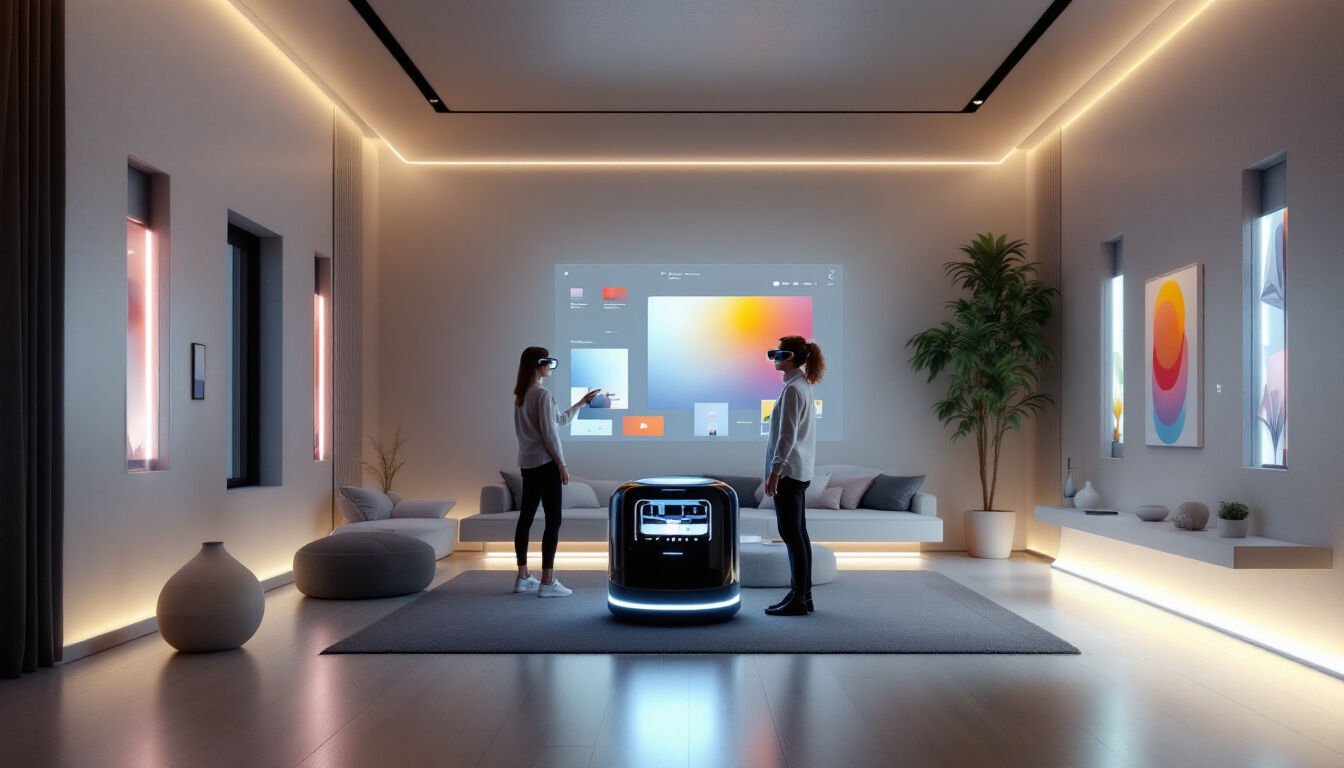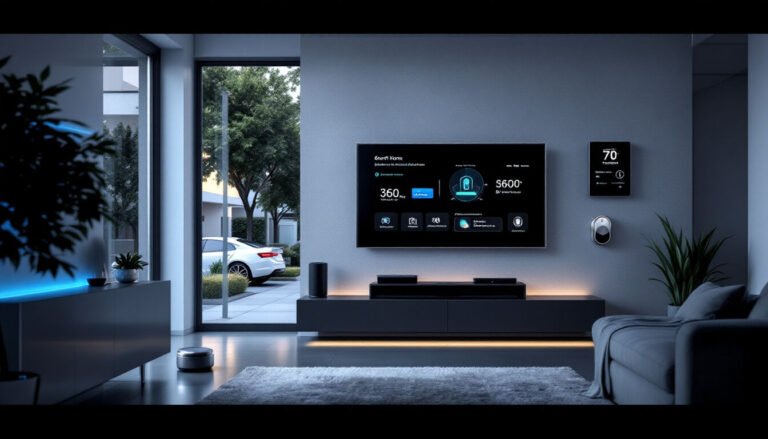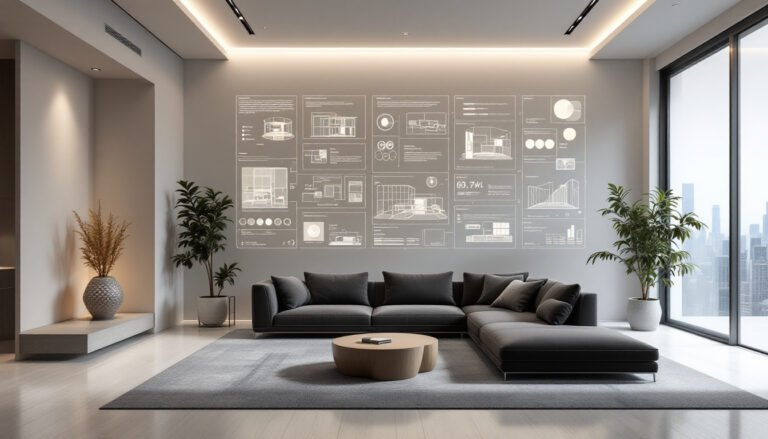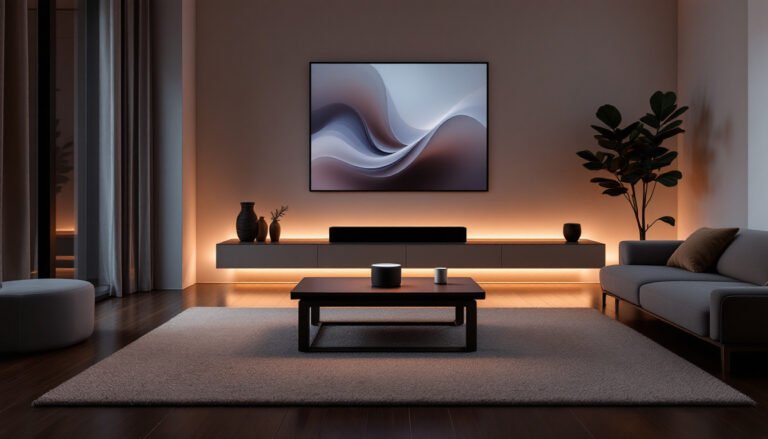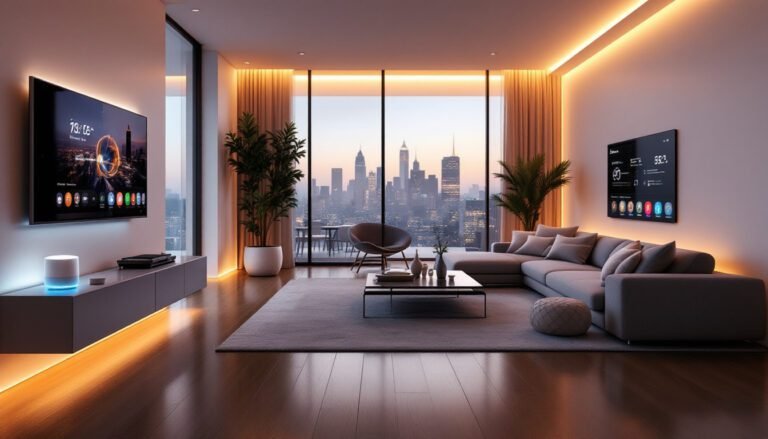The world of home decor and design is evolving rapidly, driven by advancements in technology and changing consumer preferences. In 2025, the integration of artificial intelligence (AI) in the home decor industry will redefine how we perceive and create our living spaces. This article explores the top predictions for AI in home decor and design, covering transformative trends shaping the future of interior aesthetics and functionality.
Why AI Matters in Home Decor
As homeowners strive for personalization and efficiency, AI technologies are stepping in to radically enhance the design experience. Brands are leveraging AI tools to create bespoke solutions that align with individual tastes, making decorating easier and more appealing. Understanding these trends will not only inspire creativity but also help you embrace innovations that enhance your living space.
1. Personalized Design Experiences
Tailored Recommendations
In 2025, expect AI algorithms to provide personalized design recommendations based on individual tastes and lifestyles. These tools can analyze user preferences from social media, past purchases, and even mood readings to curate a design that resonates with the homeowner. Imagine an app that suggests paint colors or furniture styles tailored specifically to your style and needs.
Virtual Design Assistants
The rise of virtual design assistants will transform how homeowners interact with decor concepts. These digital assistants can guide users through design processes, offering real-time feedback and suggestions based on the user’s space and preferences. This innovative approach allows for a more hands-on experience without overwhelming choices.
2. Automated Mood Boards
AI-Driven Mood Boards
Mood boards have long been a staple of the design process. However, in 2025, AI will automate this creative exercise. By analyzing images, colors, and textures that users love, AI tools can generate cohesive mood boards that inspire and inform design decisions. This not only saves time but also enhances creativity by presenting combinations the user may not have considered.
You can explore more about visualizing your dream space with mood boards in this detailed guide.
Trends in Color and Texture
AI can predict trending colors and textures by analyzing social media and global design events. This information assists homeowners and designers in choosing elements that not only fit their aesthetic but also reflect modern trends. For instance, shades of terracotta or muted pastels may come into focus as the visual palette evolves.
3. Smart Furniture Solutions
Adaptive Furniture
The future of furniture will be shaped by AI-driven designs that adapt to the user’s needs. Smart furniture can not only electronically adjust its shape and functionality but also respond when users enter the room. This innovation integrates technology seamlessly into the design, offering both style and practicality.
Multi-functional Spaces
As urban living continues to promote compact space living, the demand for multi-functional furniture that AI can help optimize will increase. From expandable dining tables to modular sofas, AI will guide homeowners in creating versatile spaces that adapt to changing needs.
4. Sustainability Meets AI
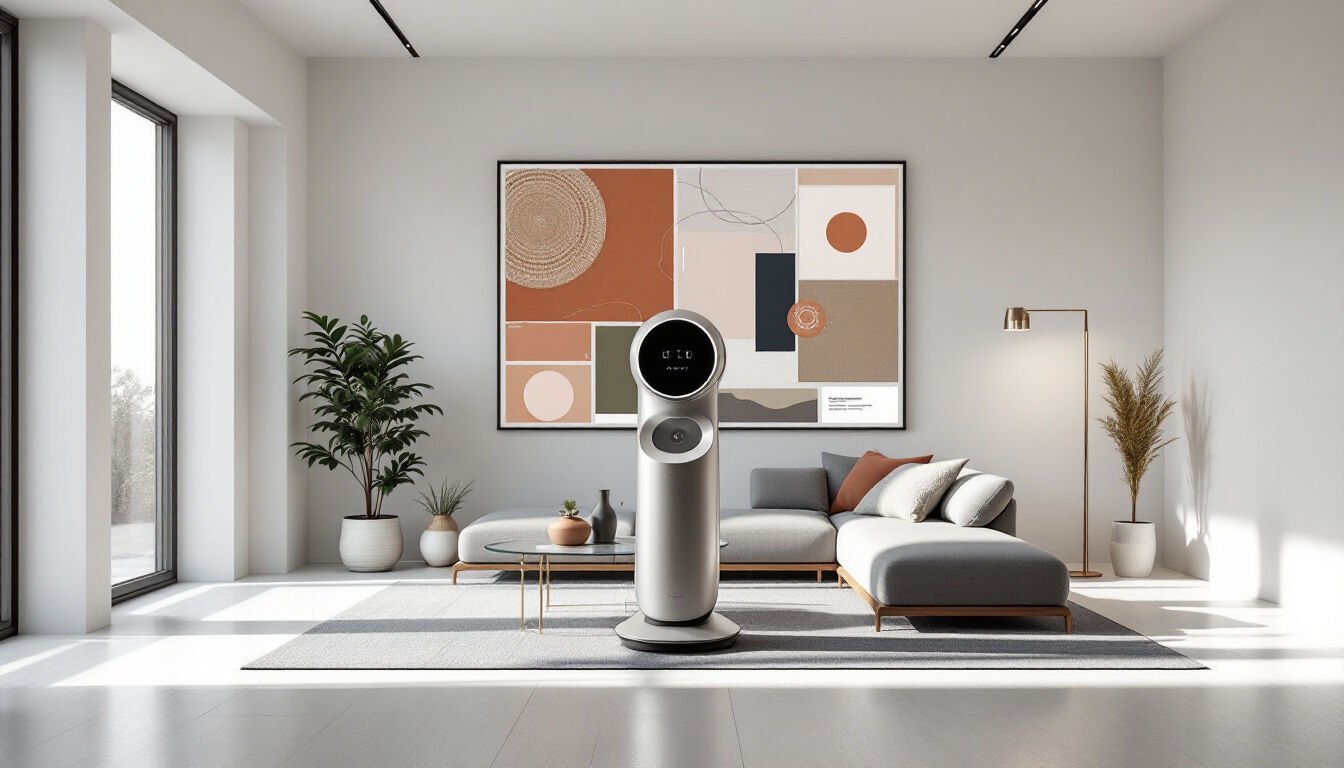
Eco-Friendly Materials
In response to growing environmental concerns, AI will play a crucial role in promoting sustainable material usage. Advanced algorithms can analyze the sustainability of various materials, recommending eco-friendly options that meet aesthetic goals without compromising health or environmental values. Expect to see an emphasis on sustainable materials in the designs of 2025.
Explore more about sustainable living and the role of design in it at ChatbiHouse’s guide on sustainable smart homes.
Energy-Efficient Designs
AI can optimize energy usage in the home through smart design solutions. For instance, integrating smart windows that adjust based on light and weather can reduce heating and cooling costs. Such energy-efficient designs will not only improve comfort but also lower carbon footprints, making them essential features in upcoming homes.
5. Enhanced Virtual Reality (VR) and Augmented Reality (AR)
Immersive Design Experiences
AI advancements will take VR and AR to new heights, offering potential homeowners immersive experiences before making any purchases. By simulating how furniture fits into their space or how lighting impacts mood, VR and AR tools will change the way people shop for home decor.
Virtual Showrooms
Expect to see an increase in virtual showrooms where consumers can interact with products directly from their homes. Utilizing AI-driven personalization, these platforms will provide tailored experiences that match the user’s preferences, leading to informed design decisions.
6. AI-Powered Home Decor Retail
Intelligent Shopping Platforms
Intelligent shopping platforms that utilize AI to analyze customer behavior and preferences will revolutionize how people shop for decor. These platforms can provide tailored lists of recommended items, optimize search results, and deal with consumer service inquiries through AI chatbots, making shopping quicker and more efficient.
Integrated Marketplaces
Future retail environments may involve integrated marketplaces where customers can shop for furniture, decor, and services seamlessly in one ecosystem powered by AI. This all-in-one approach will simplify decision-making, enhancing the overall consumer experience.
Conclusion
The top predictions for AI in home decor and design signify an exciting era where technology and creativity converge. From personalized design experiences to sustainable choices, the advancements in AI will redefine how we approach decorating our homes. Whether you are a homeowner or a professional in the field, understanding these trends will empower you to make informed choices in your design journey.
As we look ahead to 2025, it’s crucial to embrace these innovations and explore how they can transform our spaces into stylish, functional, and sustainable homes.
Frequently Asked Questions (FAQ)
1. How will AI personalize my home decor?
AI will analyze your preferences and suggest tailor-made design elements, making the entire decorating process more efficient and enjoyable.
2. What role does sustainability play in AI home design?
AI enhances sustainability by promoting eco-friendly materials and optimizing resource usage, ensuring your home is both beautiful and environmentally friendly.
3. Can I use VR and AR for home decorating?
Absolutely! Both technologies allow you to visualize how furniture and decor will look in your space before making a purchase.
4. What are smart furniture solutions?
Smart furniture can adapt its design or function based on user needs, such as adjustable tables or modular couches, enhancing flexibility in a living space.
5. How will AI impact shopping for home decor?
AI will streamline the shopping experience by intelligently recommending products, creating a more efficient and personalized retail environment.
For more insights on designing your space, check out ChatbiHouse’s articles on interior design trends and smart home technology.

